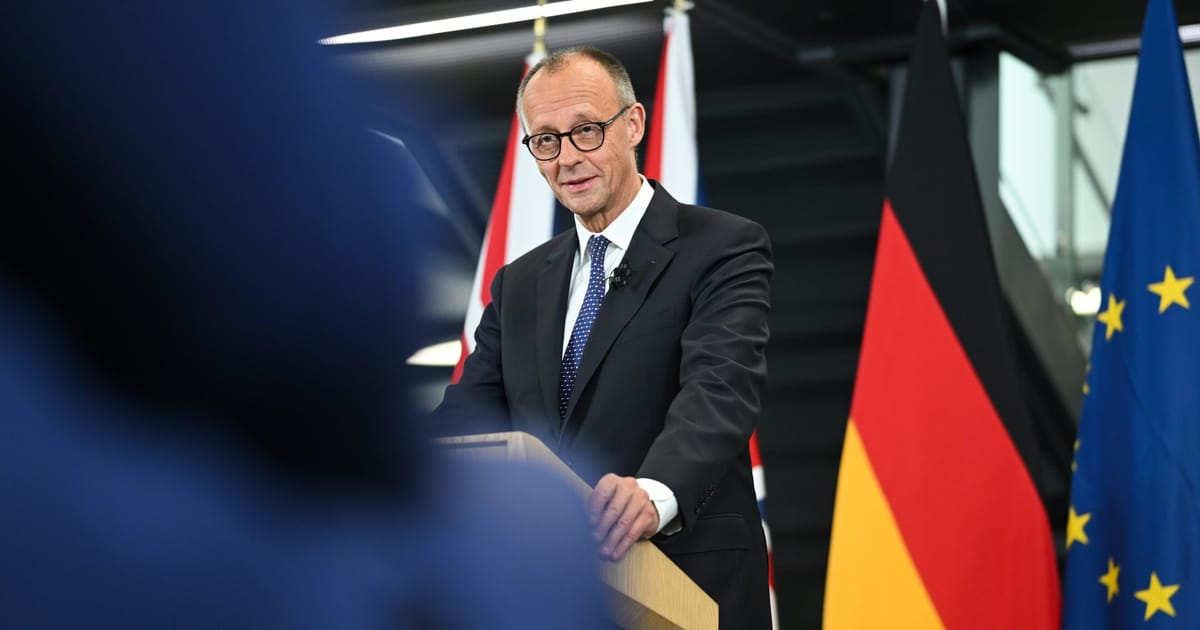

In recent days, significant developments have unfolded on the international stage, covering diverse areas from defense initiatives to diplomatic breakthroughs and economic proposals. These events are gradually reshaping the landscape of global relations, offering a glimpse of hope and collaboration amidst ongoing challenges.
A notable stride in the realm of defense is the imminent delivery of Patriot missile systems to Ukraine. German Chancellor Friedrich Merz highlighted that these advanced defense capabilities are expected to become operational in Ukraine within a matter of weeks. This move, coordinated by NATO, aims to bolster Ukraine’s defense infrastructure, reflecting continued international support in the face of persistent security threats from Russia. Commanders within NATO have emphasized the strategic importance of these systems in fortifying Ukraine’s defense as broader diplomatic efforts continue to seek resolutions in the region.
Simultaneously, a heartening example of diplomatic progress emerged from Prime Minister Anthony Albanese’s recent visit to Beijing. This visit marked an important milestone in Australia-China relations, characterized by warmth and mutual optimism. Throughout the six-day trip, Prime Minister Albanese engaged in fruitful discussions with President Xi Jinping, participated in several successful business forums, and revisited significant historical sites, symbolizing a renewed diplomatic harmony. The local media in China has been buzzing with positive commentary, suggesting that this visit may signify a promising turnaround in bilateral relations, which had previously been marked by tension.
On the economic front, the European landscape has been stirred by an ambitious budget proposal from Ursula von der Leyen, President of the European Commission. Her proposal seeks to introduce new taxes targeting large corporations and levies on tobacco and electronic waste, aiming to generate revenue for a proposed €2 trillion EU budget for 2028 to 2034. This plan has sparked a rigorous political dialogue as it challenges member states to deliberate on the bloc’s future economic strategies and the role of shared fiscal responsibility among Europe’s nations.
Meanwhile, in the Middle East, a ceasefire has been reached in Syria’s Druze-majority city of Sweida, as reported by local religious leaders. The ceasefire, engineered despite recent escalations involving Israeli military actions in the region, underscores a glimmer of hope for stability. This agreement reflects concerted efforts to de-escalate tensions and protect communities amid a backdrop of prolonged conflict, paving a path towards potentially broader peace initiatives.
These developments highlight the intricate tapestry of international relations, where diplomacy, defense, and economic policy interweave to address complex global challenges. They underscore the continuous need for collaborative efforts and constructive dialogue, which can pave the way for a more stable and prosperous global community.
Source: {link}
